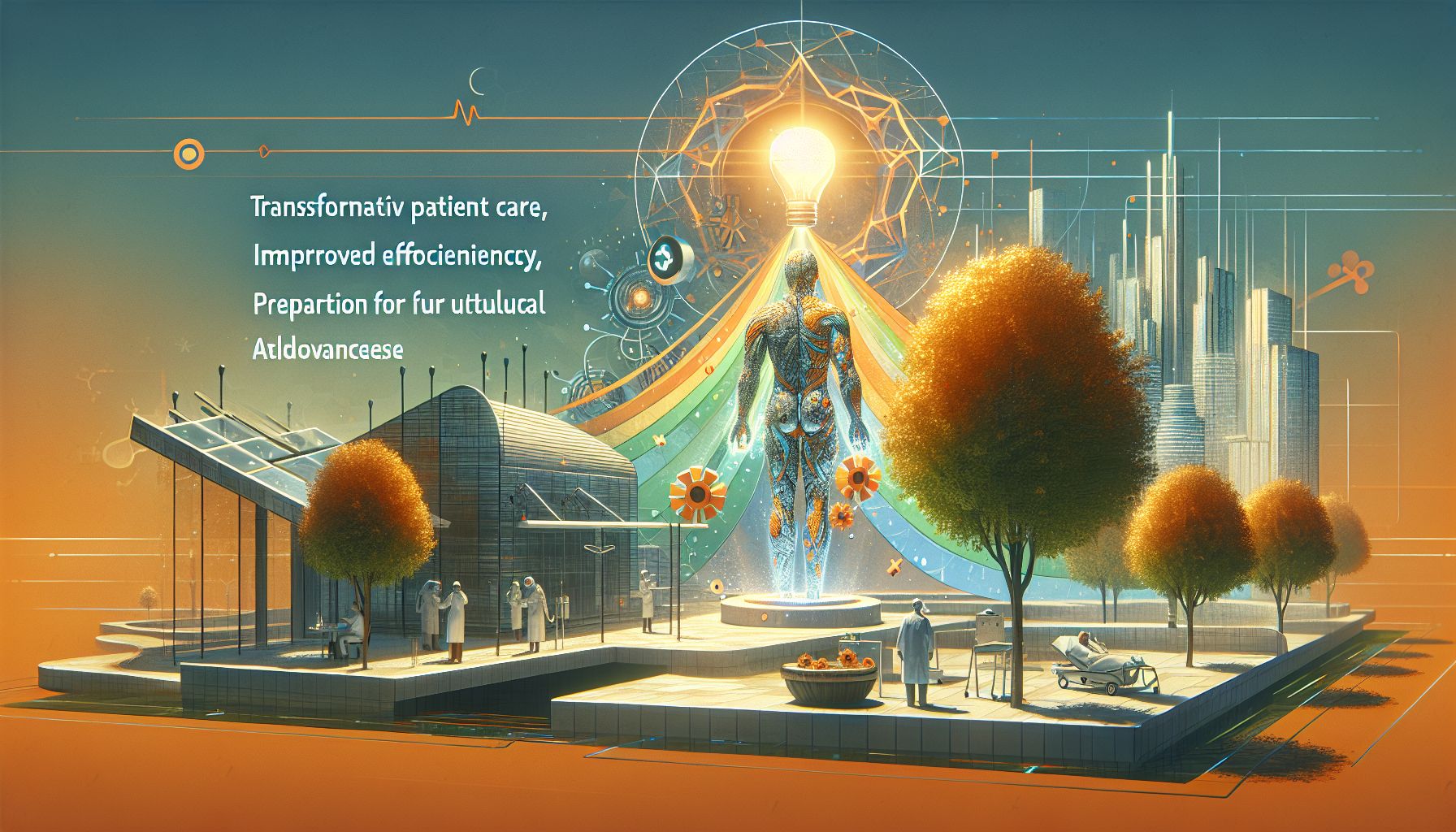Dutch Government Boosts Digital Healthcare Innovation

The Hague, Monday, 16 September 2024.
The Netherlands is taking steps to advance digital innovation in healthcare, with a focus on integrating artificial intelligence. This initiative aims to transform patient care, improve efficiency, and prepare the healthcare sector for future technological advancements.
Government’s Commitment to Digital Health
The Dutch government, renowned for its progressive stance on healthcare, has recently announced a series of measures aimed at fostering digital innovation within the sector. By prioritizing the integration of artificial intelligence (AI), these measures seek to overhaul traditional healthcare systems, making them more efficient and patient-centric. This initiative aligns with the global trend towards digitization in healthcare, reflecting the country’s commitment to staying at the forefront of technological advancements.
Role of VZVZ in the Initiative
One of the pivotal players in this movement is VZVZ, a key organization in the Dutch healthcare information system. VZVZ is tasked with shaping the future of data exchange in healthcare, and its efforts are crucial in realizing the government’s vision. The organization’s role involves collaboration with various stakeholders, including the government, healthcare insurers, and other relevant parties, to ensure seamless integration of new digital technologies into the existing healthcare framework[1].
Harnessing the Power of AI
Artificial intelligence is set to play a significant role in this digital transformation. AI technologies are capable of quickly identifying patterns in large data sets, which can aid in diagnostics, expedite clinical documentation, and create personalized treatment plans for chronic diseases[2]. This ability to process and analyze vast amounts of data can lead to more accurate and timely medical interventions, ultimately enhancing patient outcomes.
Benefits of Digital Healthcare
The integration of digital technologies in healthcare brings numerous benefits. For instance, it enhances operational efficiency by automating routine tasks such as scheduling, billing, and patient communication. Moreover, digital health tools like wearable devices and mobile apps allow for continuous health monitoring, enabling patients to manage their health proactively. This shift towards a more digital healthcare system is expected to reduce errors, improve accuracy, and provide personalized care tailored to individual patient needs[3].
Global Context and Future Prospects
The global digital health market is on a rapid growth trajectory, projected to expand from approximately $310 billion in 2023 to $1 trillion by 2033[2]. This growth is driven by the increasing adoption of AI, big data analytics, and Internet of Things (IoT) technologies in healthcare. The Netherlands’ proactive approach in embracing digital healthcare not only positions it as a leader in this field but also sets a precedent for other countries to follow. As the healthcare sector continues to evolve, the integration of digital innovations will be crucial in addressing future challenges and improving patient care worldwide.

